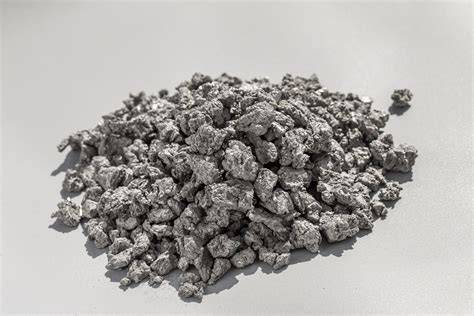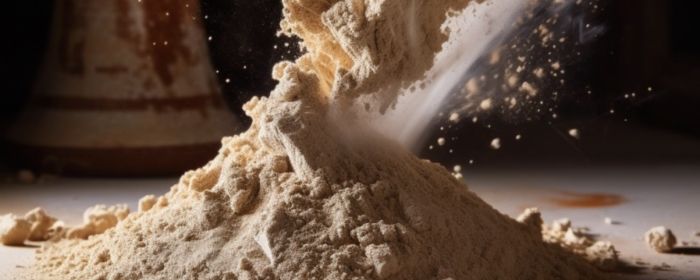

Titanium powder for medical implant coatings is a technologically advanced material that is designed to enhance the surface characteristics of titanium-based implants to be more biocompatible and efficient in medical applications. The powder is deposited usually through advanced techniques such as plasma spraying or thermal spraying, forming protective and functional coatings on implants for orthopedic devices, dental implants, and cardiovascular stents.
The choice for titanium powder is directly associated with its higher performance characteristics. Titanium possesses excellent biocompatibility, and titanium coatings make it easier for the coatings to integrate better with surrounding biological tissues and reduce the chances of rejection. Titanium coatings also enhance wear resistance and corrosion resistance of implants. Additionally, the unique properties of titanium, including its lightness and high strength, render it a desirable candidate for medical implants, resulting in the long-term success and stability of surgical procedures.
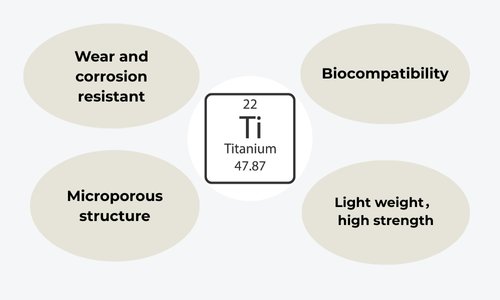
This is also a choice for market development. Continuous innovation in medical technology drives the growing demand for better-performing implants. New implants require more mechanical strength, durability, and biocompatibility. Titanium powder coatings are effective at enhancing implant performance, particularly in bone density gain, tissue healing, and reducing implant rejection responses. Therefore, with continuous advancements in medical technology, the market demand for titanium powder coatings continues to increase.
With the beginning of population aging, global demand for medical implants is slowly increasing, especially in fields such as joint replacement, spinal surgery, and dental implants. Titanium powder is biocompatible and is widely used in medical implant coating technology.
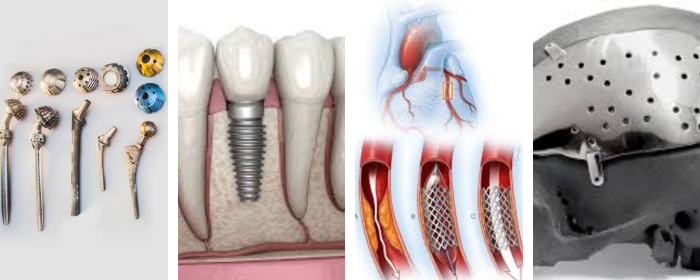
Titanium powder coatings find universal application in the orthopedic industry in artificial joints, bone screws, acetabular cups, and bone plates. The excellent biocompatibility of the titanium coating enables good interaction between the bone tissue and the implant, promoting natural bone growth and healing. Specifically, the titanium coating has the ability to create a microscopic rough surface topography which aids in bone cell attachment and growth, enhancing fixation strength of the prosthesis and inhibiting prosthesis loosening as well as inflammation of the surrounding tissue.
In dentistry, coatings of titanium powder are used in the fabrication of dental implants, root substitutes, and bridge abutments. The coatings not only provided mechanical strength and corrosion resistance but also enormously enhanced the implant/alveolar bone compatibility. Titanium coatings' microporous structure provides room for the invasion and growth of alveolar bone cells, thereby guaranteeing the stability and long-term success rate of the implants. Titanium coatings can also prevent bacterial adhesion, reducing the risk for periodontitis and other oral infections, thereby improving patients' oral health and quality of life.
Titanium powder coatings are used in cardiovascular devices, mainly for vascular stents and catheter systems. These coatings provide high corrosion resistance and biocompatibility. This ensures long-term stability of stents in blood vessels. They also reduce damage to vascular walls caused by metal ion release.
Titanium coatings can be modified by adding growth factors or anti-clotting drugs. This improves treatment effectiveness and stent safety. For example, drug-releasing titanium-coated stents strengthen blood vessels mechanically. They also release drugs in a controlled way to prevent re-narrowing of the stent. This greatly improves patients' heart health.
In neurosurgery, nerve conduits, brain pacemakers, and spinal implants receive titanium powder coatings. These implants should be reliable and stable in the extremely complicated and sensitive condition of neural tissue in the long term. The corrosion resistance and mechanical strength are delivered by titanium coatings, which will deliver reliability and durability to the implants. Also, the surface of titanium coating can be processed with specific bioactive treatments that will stimulate the growth and regeneration of nerve cells to help in restoring and reconstructing neural functions. This is significant in the recovery process from brain surgery and treatment of spinal disease.
One of the limitations of the market for medical implant coating with titanium powder is the costly production cost. The production process of titanium powder is complex and requires sophisticated processing technologies. Due to the inherent properties of titanium metal, such as high melting point and corrosion resistance, the production of titanium powder requires specialized raw materials and equipment. These are the grounds on which production of titanium powder is extremely costly, consequently causing medical implants to be costly as well.
Also, purity standards of titanium powder are high. Titanium powder utilized as a coat for medical implants must be very high in its purity to support biocompatibility and stability. Contamination of the titanium powder can lead to biological rejection response or corrosion whenever the implant will be used over a long time, which negatively affects patient health. This creates rigorous conditions for the process of titanium powder production, increasing manufacturing cost and manufacturing complexity, as well as limiting the entry points of some manufacturers to the market.
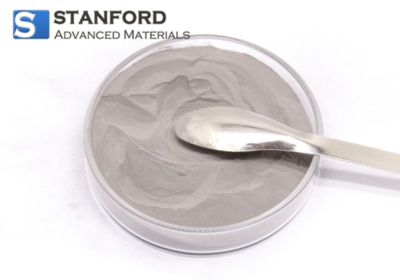
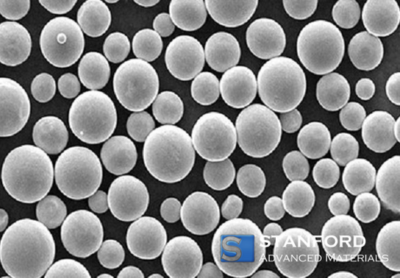
Micro Titanium (Ti) Powder, Purity 99.9% Spherical Titanium Powder for 3D Printing
Technical challenges also restrict the growth of the titanium powder market. Even though the titanium materials are extremely biocompatible, the application of titanium powder coatings on medical implants demands extremely accurate manufacturing processes. Uniformity in coatings, strength of adhesion, and thickness are all critical parameters that have to be strictly controlled; otherwise, the performance and longevity of the implants can be affected.
Stanford Advanced Materials (SAM) is dedicated to the development of spherical powder technology. We offer a wide range of metal powders for 3D printing. Get A Quote.

United States
.png)
